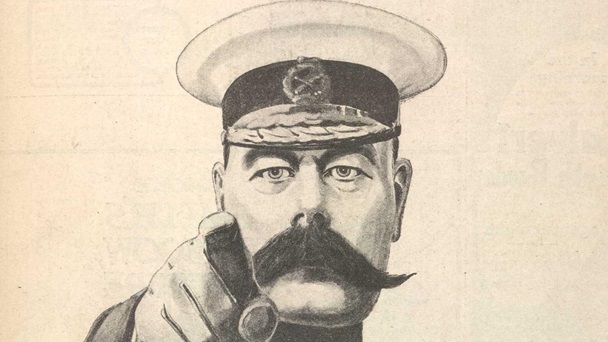 In my last post, we looked at how technology and the ‘gig’ economy has created a shift for employees from needing-to-work for an organisation to wanting-to-work there. In effect this is the shift from ‘conscript’ to ‘volunteer’ employees as Peter Drucker put it.
In my last post, we looked at how technology and the ‘gig’ economy has created a shift for employees from needing-to-work for an organisation to wanting-to-work there. In effect this is the shift from ‘conscript’ to ‘volunteer’ employees as Peter Drucker put it.
Clearly leaders and managers are the ones who are closest to this shift and it is their behaviour and attitudes that shape whether talented employees will want to work for them. Unfortunately many managers, especially those in the middle, have been conditioned by years of ‘need-to-work’ thinking – the thinking that was created when employees had few options and were effectively conscripts.
That mind-set leads to some less than helpful behaviours which certainly doesn’t encourage people to WANT to work with them. These include:
- Equating respect shown with salary band (respecting the higher paid)
- Expecting obedience from staff
- (Using the word “staff”!)
- Excluding people from decisions
- Ignoring praise, thanks and recognition
- Controlling rather than giving control
- Telling rather than asking
- Talking rather than listening
By contrast, leaders who adopt ‘want-to-work’ thinking would:
- Focus more on people with passion and less on people with talent
- Seek agreement on expectations and deliverables
- Listen
- Ask permission to hold people accountable
- Express gratitude sincerely
- Include
- Address tough conversations kindly
- Focus on aligning organisational and individual values
- Respect
- Build relationships
If you’re honest, how does your leadership stack up? Has your behaviour been conditioned by the need-to-work thinking? Or do you lead as if all your people are the volunteers they are? Leaders and organisations who do will attract, engage and keep the talent they need.
If you’d like to inspire and enable your leaders to better engage their teams by embracing the future of work, then call Simon on 020 3488 0464 or email simon@simonwalker.org








